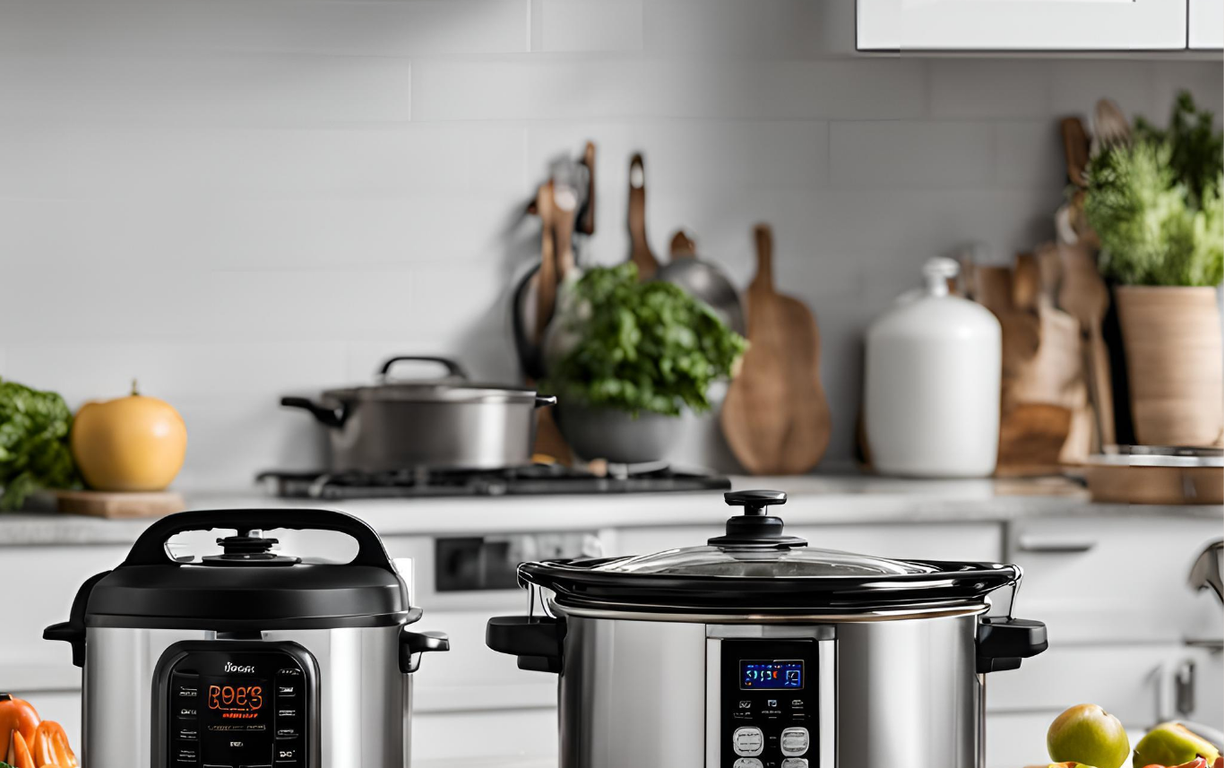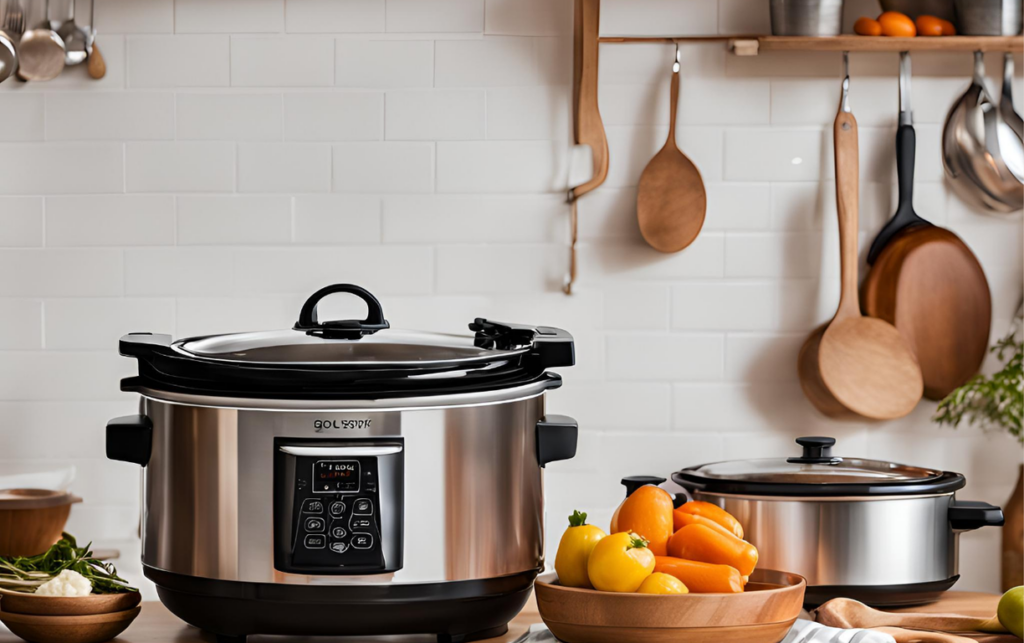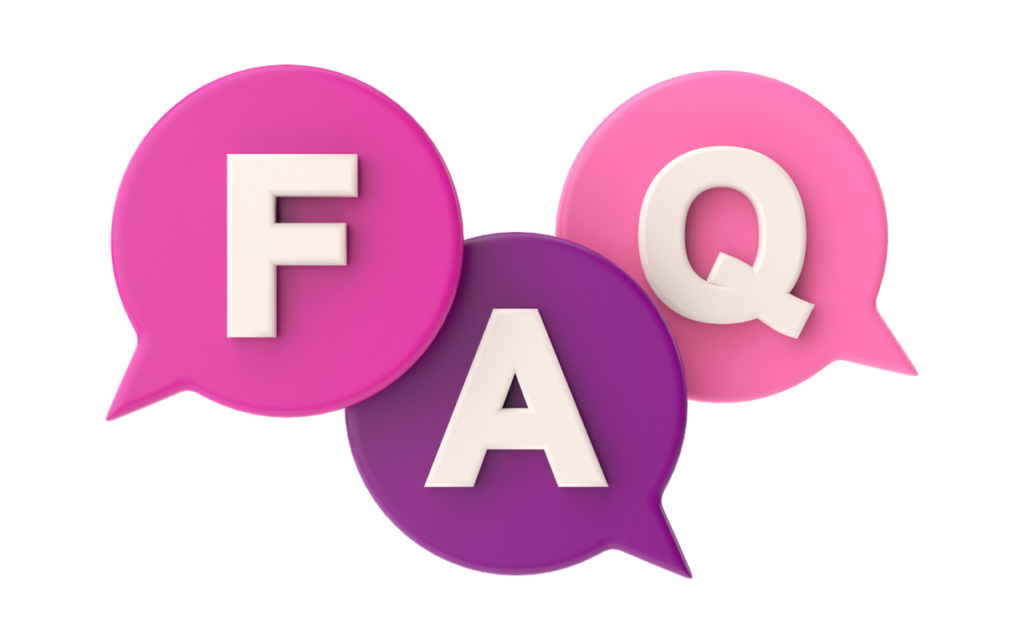Physical Address
304 North Cardinal St.
Dorchester Center, MA 02124
Physical Address
304 North Cardinal St.
Dorchester Center, MA 02124


When it comes to meal prep, you might find yourself torn between slow cookers and pressure cookers. Each has its perks, but slow cookers often take the crown for their unique advantages. Imagine coming home to a warm, flavorful dinner that’s been simmering all day—slow cookers make that dream a reality.
With their gentle cooking method, slow cookers allow flavors to meld beautifully, resulting in tender, mouth-watering meals. Plus, they require minimal hands-on time, giving you the freedom to focus on other tasks. If you’re looking for convenience and delicious results, let’s explore why slow cookers might just be the better choice for your kitchen.
Slow cookers and pressure cookers serve distinct purposes in meal preparation.
Slow cookers operate at low temperatures over an extended period. They excel at breaking down tougher cuts of meat, allowing flavors to meld. You can set a slow cooker in the morning, prepare a meal, and return later to a hot, ready dish. The even heat distribution prevents the food from burning while enhancing taste and tenderness.
Pressure cookers use high pressure and heat to cook food quickly. By trapping steam, they elevate the internal temperature, reducing cooking time significantly. You can whip up meals like rice, beans, or stews in a fraction of the time compared to traditional methods. While they can deliver quick results, they often require more attention to prevent overcooking.
The fundamental differences between these appliances lie in their cooking methods and results. Slow cookers focus on convenience and the development of rich flavors, while pressure cookers emphasize speed. Each method has unique applications, catering to different cooking styles and time constraints.
Understanding the cooking mechanisms of slow cookers and pressure cookers reveals their unique benefits in the kitchen. Each appliance uses distinct processes that affect cooking times, flavors, and textures.
Slow cookers operate at low temperatures, typically between 170°F and 280°F (77°C and 138°C). They utilize radiant heat, surrounding the food with warmth and maintaining steady, slow cooking. This method excels at breaking down connective tissues in tougher cuts of meat, resulting in tender, flavorful dishes. For instance, a beef brisket becomes melt-in-your-mouth tender after 8 to 10 hours of cooking. Additionally, slow cooking allows ingredients to blend their flavors over time, enhancing the overall taste of your meals. You can prepare meals in the morning and return home to perfectly cooked dishes, minimizing hands-on time.
Pressure cookers function by trapping steam inside a sealed pot, raising the internal pressure and temperature. Cooking temperatures reach around 250°F (121°C), which significantly reduces cooking times, often completing meals in minutes rather than hours. For example, beans that take hours to cook in a slow cooker can be ready in about 10 minutes with a pressure cooker. The rapid process retains moisture, ensuring dinner remains succulent. However, pressure cooking may not achieve the same depth of flavor as slow cooking, as ingredients do not have extended cooking time to meld together. This method is ideal for quick meals but sacrifices some flavor complexities in the process.
Slow cookers and pressure cookers produce meals with distinct taste and texture profiles. Understanding these differences can help you make informed decisions in your cooking.
Slow cookers excel in flavor development through low and slow cooking. They allow spices, herbs, and aromatics to infuse gradually, creating deep, rich flavors over time. For example, stews prepared in slow cookers benefit from extensive flavor melding, elevating the overall dish. The gradual breakdown of ingredients enhances umami flavors, providing a satisfying depth that pressure cookers often lack. On the other hand, while pressure cookers maintain moisture and can produce flavorful dishes quickly, they don’t offer the same chance for flavors to integrate fully; often, the taste remains more one-dimensional.
Texture varies significantly between the two methods. Slow cookers tenderize tougher cuts of meat, making them easy to shred after hours of cooking. As a result, dishes such as pulled pork or beef stew showcase a desirable melt-in-your-mouth quality. Vegetables also soften without losing their shape, striking a balance between firmness and tenderness. In contrast, pressure cookers deliver quick, foolproof cooking but may result in overcooked or mushy textures, particularly for delicate vegetables. The rapid cooking process often leads to a lack of moisture absorption in ingredients, affecting the overall mouthfeel of the dish.
Slow cookers offer distinct nutritional advantages over pressure cookers. Their cooking method preserves more nutrients and promotes healthier meal preparation.
Slow cooking retains more vitamins and minerals compared to pressure cooking. The low-temperature method prevents the breakdown of heat-sensitive nutrients. For example, cooking vegetables at lower temperatures for extended periods allows nutrients like vitamin C and folate to remain intact. Studies show that slow cooking can retain up to 70% of nutrients, while pressure cooking may lead to a loss of up to 50% for certain foods.
Slow cookers allow for the use of wholesome ingredients without added fats or oils. You can incorporate plenty of vegetables, lean proteins, and whole grains, promoting a balanced diet. Cooking at lower temperatures promotes the breakdown of tougher meat cuts, which means you can use healthier, less expensive options without sacrificing taste. Additionally, slow cooking reduces the need for added salt or preservatives, leading to more nutritious meals overall.
Slow cookers enhance the cooking experience through their ease of use and minimal involvement during cooking. These appliances enable you to prepare meals effortlessly, making them a favorite among busy home cooks.
Prep time for slow cookers is typically brief, allowing you to chop ingredients and season dishes without fuss. Simply load the slow cooker, set the timer, and let it work its magic. For example, adding chopped vegetables and seasoned meat only takes about 10 to 15 minutes before the appliance does the rest. Unlike pressure cookers, you don’t need to monitor cooking times meticulously. Slow cooking operates on a “set it and forget it” principle, letting you focus on other tasks or enjoy your day while your meal cooks.
Cleaning a slow cooker is straightforward, often requiring just mild soap and water. Many slow cooker inserts are dishwasher-safe, which reduces cleanup time significantly. Maintenance is minimal; a quick wipe-down of the exterior and interior suffices after use. On the other hand, pressure cookers typically involve more complex components and mechanisms that require careful cleaning, often discouraging consistent use. Therefore, when considering convenience, slow cookers offer simplicity in both operation and upkeep, catering well to your busy lifestyle.
Choosing a slow cooker over a pressure cooker can transform your cooking experience. With its ability to enhance flavors and create tender meals, the slow cooker caters to those who appreciate rich tastes and convenience. You can simply prep your ingredients and let the appliance work its magic while you focus on other tasks.
The nutritional benefits and ease of use make slow cookers a standout choice for busy lifestyles. You’ll find that the process of slow cooking not only preserves essential nutrients but also encourages healthier meal options. Whether you’re making a hearty stew or a flavorful roast, the slow cooker proves to be a reliable companion in the kitchen, delivering delicious results every time.

Slow cookers are convenient, allowing for hands-free cooking that generates flavorful, tender meals. They excel at breaking down tough cuts of meat and infusing rich flavors over long cooking periods, while also promoting healthier meals by retaining more nutrients and utilizing wholesome ingredients.
The primary difference lies in cooking methods: slow cookers operate at low temperatures (170°F to 280°F) over several hours, enhancing flavor and tenderness, while pressure cookers use high pressure and temperature to cook food quickly. Slow cookers prioritize flavor development, while pressure cookers focus on speed.
Yes, slow cookers are excellent for flavor development. By cooking ingredients over an extended time, spices, herbs, and aromatics mingle thoroughly, resulting in deep, rich flavors, especially in dishes like stews. This gradual process enhances the overall taste profile of the meal.
Absolutely! Slow cookers retain up to 70% of nutrients compared to other cooking methods. Their low-temperature cooking preserves heat-sensitive vitamins and allows for healthier meal options, utilizing lean proteins and vegetables without excessive fats or preservatives.
Slow cookers are user-friendly, requiring minimal prep time before letting the appliance cook the meal with little supervision. Cleaning is straightforward, often needing just soap and water, and many components are dishwasher-safe, making them convenient for busy lifestyles.